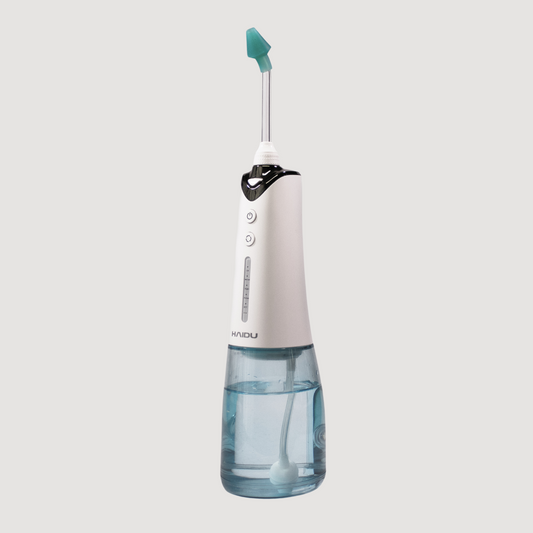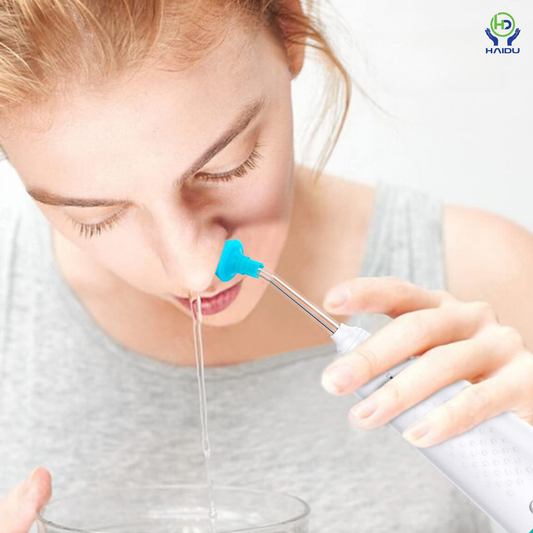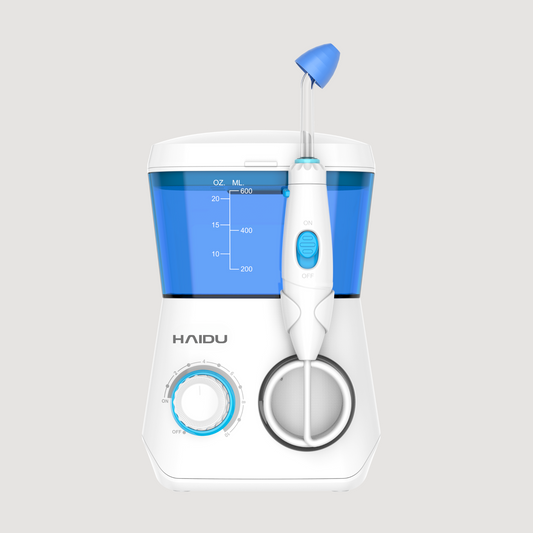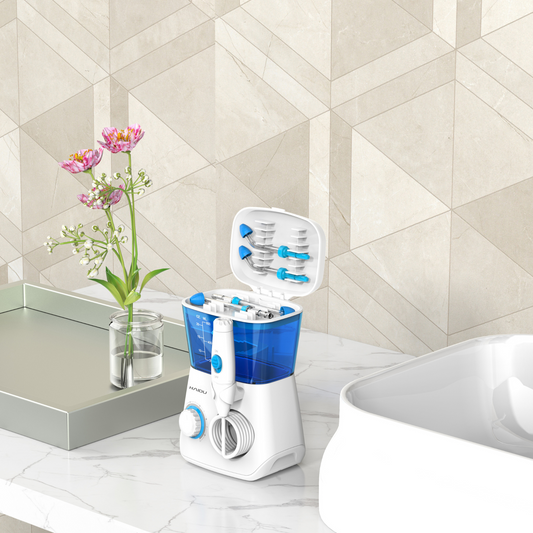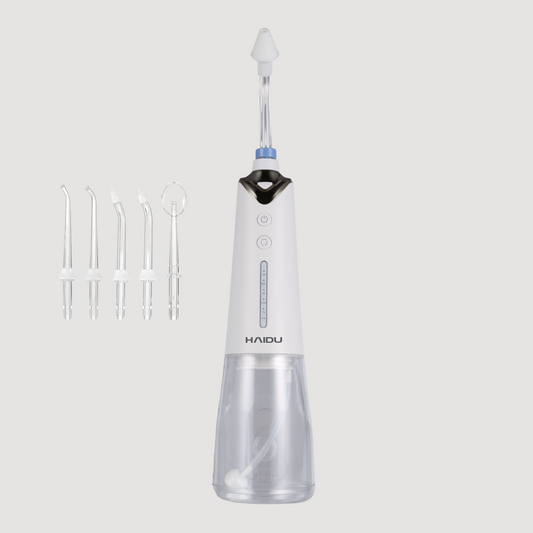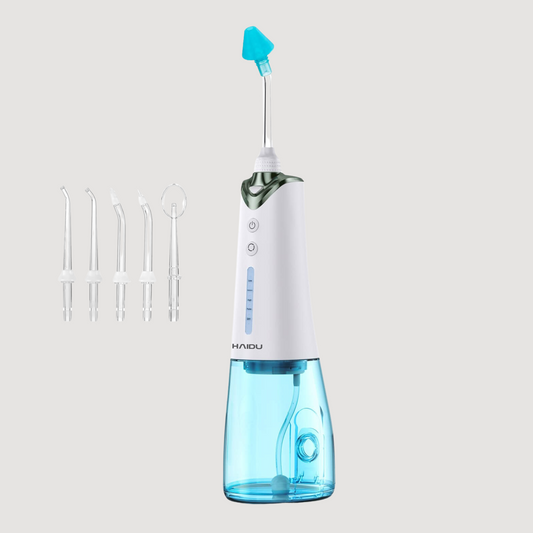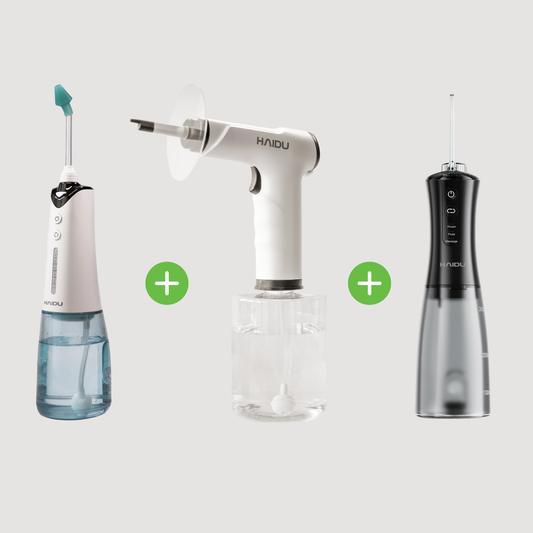What is a Sinus Infection? Causes, Symptoms, Diagnosis, Treatment, and Prevention
Sinus infections, medically known as sinusitis, occur when the sinuses become inflamed and swollen due to infection, allergies, or other irritants. These hollow cavities in the skull, located around the nose and eyes, are lined with mucous membranes that produce mucus to moisturize the nasal passages and trap bacteria and other particles. When the sinuses become blocked and filled with fluid, it creates an ideal environment for bacteria, viruses, or fungi to grow, leading to a sinus infection.
Symptoms
- Nasal congestion: Difficulty breathing through the nose due to blockage.
- Facial pain or pressure: Pain and tenderness around the eyes, cheeks, forehead, or nose.
- Discolored mucus: Thick yellow or green discharge from the nose.
- Headache: Typically felt in the forehead and around the eyes.
- Cough: Often worsens at night.
- Fatigue: Feeling tired and run down.
- Fever: Low-grade fever may be present.
Causes
- Viral infections: Common cold and influenza viruses can inflame the sinuses.
- Bacterial infections: When the sinuses become blocked, bacteria can grow and cause infection.
- Allergies: Allergic reactions to pollen, dust, or other allergens can trigger sinus inflammation.
- Nasal polyps: Growths in the nasal passages can obstruct sinus drainage.
- Structural issues: Deviated septum or narrow sinus passages can contribute to sinusitis.
- Fungal infections: Rarely, fungi can cause sinus infections, particularly in people with weakened immune systems.
Diagnosis
Diagnosing a sinus infection usually involves a physical examination by a healthcare provider. They will inquire about symptoms and may perform tests such as:
- Nasal Endoscopy: Using a thin, flexible tube with a light and camera to examine the inside of the nasal passages and sinuses.
- Imaging Tests: X-rays, CT scans, or MRI scans can provide detailed images of the sinuses to identify inflammation or blockages.
- Nasal Culture: Collecting a sample of nasal discharge to identify the specific bacteria or fungi causing the infection.
Treatment
Treatment for sinusitis depends on the underlying cause and severity of symptoms. Common approaches include:
- Symptom relief: Over-the-counter decongestants, pain relievers, and saline nasal sprays can help alleviate congestion and pain.
- Antibiotics: If a bacterial infection is suspected or confirmed, antibiotics may be prescribed.
- Steroid nasal sprays: These can reduce inflammation in the nasal passages.
- Nasal irrigation: Using a saline solution to flush out mucus and irritants from the sinuses.
- Antifungal medications: For fungal sinus infections, antifungal drugs may be necessary.
- Surgery: In severe or chronic cases, surgery may be needed to remove nasal polyps, correct structural abnormalities, or improve sinus drainage.
Prevention
While it's not always possible to prevent sinus infections entirely, you can reduce your risk by:
- Practicing good hygiene: Wash your hands frequently, especially during cold and flu seasons.
- Avoiding allergens: Minimize exposure to allergens that trigger sinus inflammation.
- Using a humidifier: Keeping indoor air moist can help prevent sinus dryness and irritation.
- Staying hydrated: Drink plenty of fluids to thin mucus and keep sinus passages moist.
- Managing allergies: Take medications or pursue allergy treatments as recommended by a healthcare provider.
- Avoiding irritants: Steer clear of cigarette smoke and other environmental pollutants that can irritate the sinuses.
Who Gets Sinus Infections and related conditions
Sinus infections can affect anyone, regardless of age or gender. However, certain factors may increase the risk of developing sinusitis. Individuals with allergies, asthma, or a history of frequent respiratory infections are more susceptible to sinusitis. Additionally, structural abnormalities in the nasal passages, such as a deviated septum or nasal polyps, can obstruct sinus drainage and predispose individuals to recurrent sinus infections. Those with weakened immune systems, such as people living with HIV/AIDS or undergoing chemotherapy, are also at greater risk of developing sinusitis, particularly fungal sinus infections.
Moreover, environmental factors play a significant role in sinus health. People who live in areas with high levels of air pollution or who are exposed to smoke, whether from cigarettes or other sources, may experience increased sinus irritation and inflammation. Furthermore, occupations that involve exposure to dust, chemicals, or other airborne irritants can also contribute to sinus problems. Proper protection and avoidance of these triggers can help reduce the risk of sinus infections and related conditions.
In conclusion, sinus infections can cause significant discomfort and impact daily life. By understanding the causes, symptoms, diagnosis, treatment options, and preventive measures, individuals can better manage sinusitis and minimize its impact on their health and well-being. If symptoms persist or worsen, it's essential to seek medical attention for proper evaluation and treatment.




